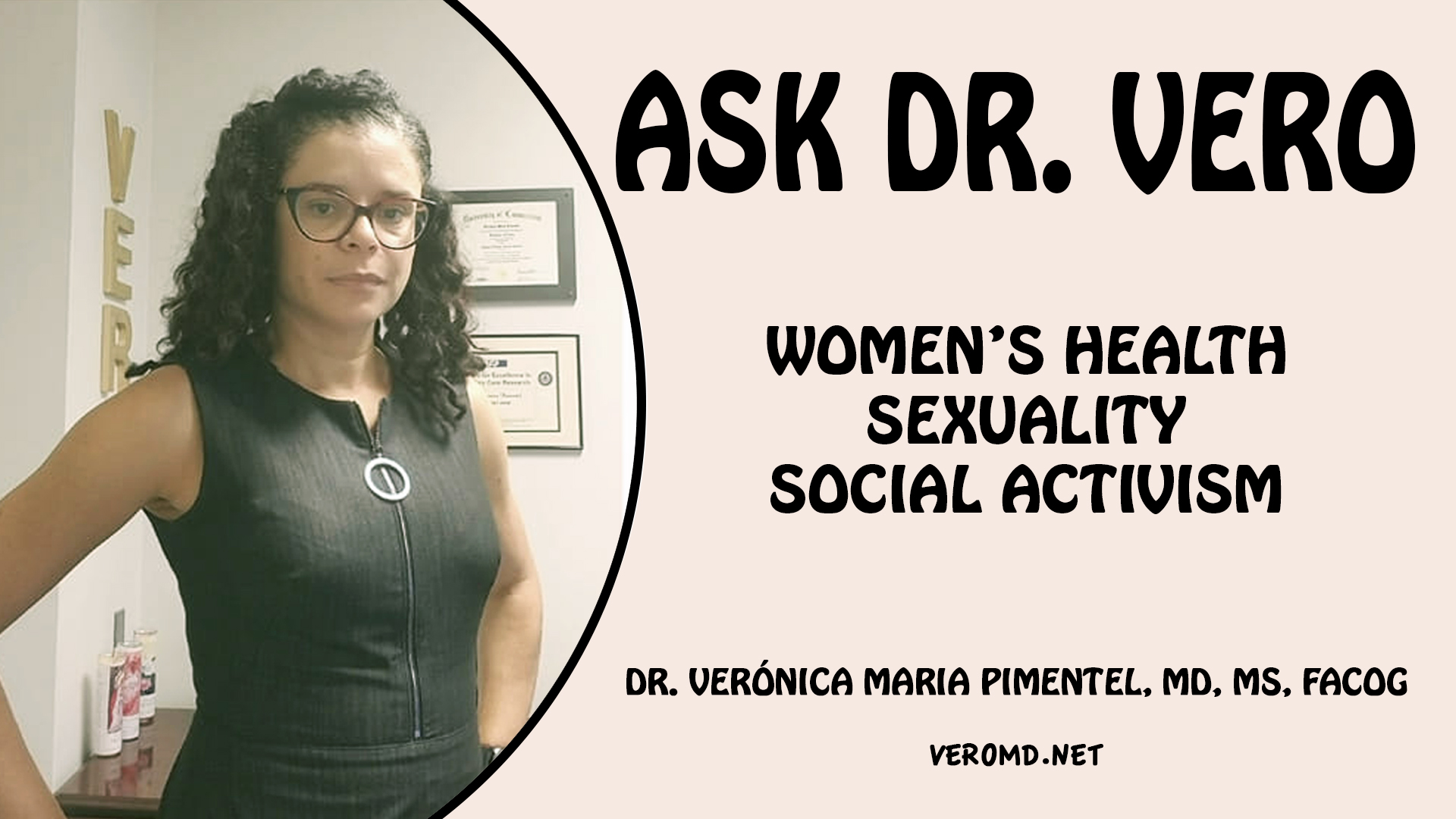How deep is Cape Verdean-ness?
Although there are some cultural differences between groups of people who have been in the states...
Read MoreSep 7, 2016 | Articles, New Bedford, Onset, USA | 1
Although there are some cultural differences between groups of people who have been in the states...
Read MoreSep 6, 2016 | Articles, Cabo Verde, Political | 6
The political party MpD (Movement For Democracy), is dominating mayoral elections taking place...
Read MoreLocal Business owner, Emilia Depina of Boston, Massachusetts, is out to send a positive message...
Read MoreSep 2, 2016 | Articles, New Bedford, Onset | 0
So this is another dish which I have heard about but am not quite ready to critique yet. But...
Read More


